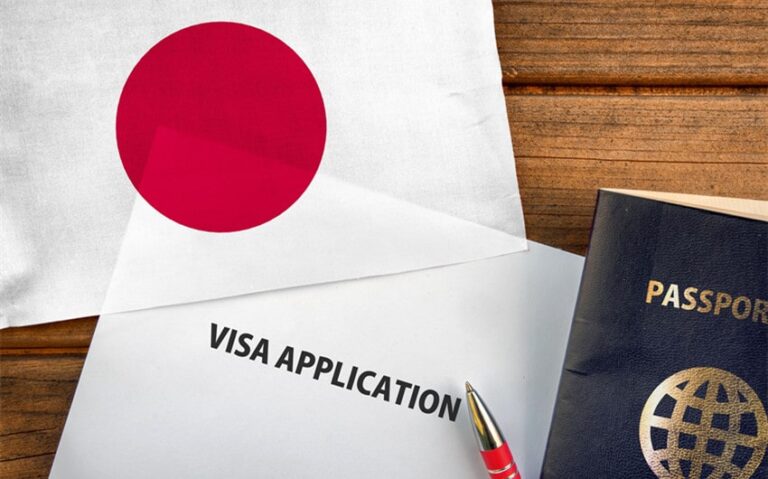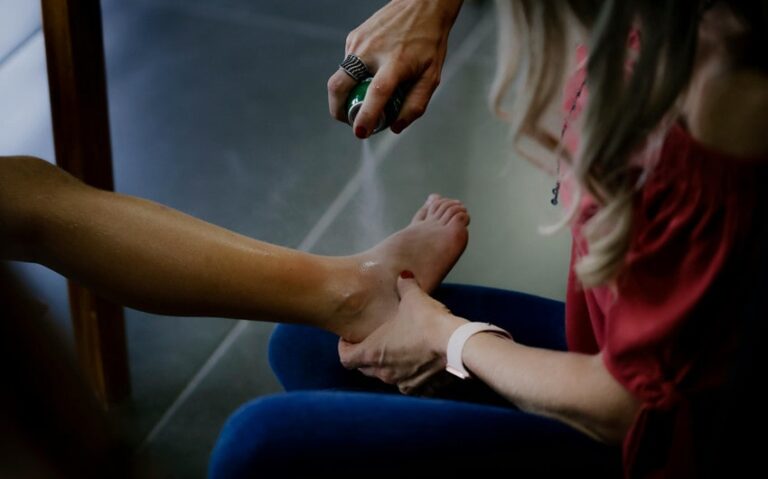How to Choose the Right Dermatologist for Your Skin Needs
Finding a dermatologist shouldn’t feel like solving a puzzle, but honestly, it kind of does sometimes.
You’ve got insurance networks to figure out, reviews to read through, and then there’s the whole question of whether you actually need a specialist or if your regular doctor can handle whatever’s going on with your skin.
The thing is, your skin is the largest organ you’ve got, and when something’s wrong, it’s usually pretty obvious.
Maybe you’ve been dealing with acne that won’t quit, or you found a mole that looks different, or your eczema is driving you absolutely crazy.
Whatever brought you here, picking the right dermatologist can make a huge difference in how things turn out.
When You Actually Need a Dermatologist
Most people put off seeing a dermatologist way longer than they should. I get it – it’s another appointment, another copay, another thing to squeeze into your already packed schedule. But some things really do need a specialist’s attention.
If you’ve got a mole that’s changed color, size, or shape, don’t wait around. Same goes for any spot that bleeds, won’t heal, or just looks weird compared to your other moles.
Skin cancer is serious business, and catching it early makes all the difference.
For persistent acne that’s not responding to drugstore treatments, a dermatologist can prescribe stronger medications that actually work.
They’ve got access to prescription retinoids, antibiotics, and other treatments that you can’t get over the counter. Plus they can help prevent scarring, which is way easier than trying to treat scars later.
Chronic skin conditions like eczema, psoriasis, or rosacea benefit from professional care too.
These conditions can be tricky to manage on your own, and a dermatologist can create a treatment plan that’s tailored to your specific situation.
Other reasons to see a dermatologist:
- Unusual rashes that don’t go away
- Hair loss that’s concerning you
- Nail problems that seem serious
- Cosmetic concerns you want to address professionally
- Family history of skin cancer
What to Look for in a Good Dermatologist
Board certification is non-negotiable. Make sure your dermatologist is certified by the American Board of Dermatology. This means they’ve completed the proper training and passed comprehensive exams. You can check this online pretty easily.
Experience matters, especially if you’re dealing with something specific. If you need Mohs surgery for skin cancer, you want someone who does a lot of these procedures. If you’re looking for cosmetic treatments, find someone who specializes in that area.
Location and availability are practical considerations that people sometimes overlook.
A dermatologist who’s an hour away might be great, but if you need regular follow-ups or have an urgent concern, convenience matters.
Some areas have limited options – for instance, if you’re looking for an Otsego dermatologist, you might need to consider practitioners in surrounding areas too.
Hospital affiliations can tell you something about a doctor’s reputation. Good dermatologists usually have privileges at reputable hospitals, which means other medical professionals trust their skills.
Questions to Ask Before Your First Visit
Call the office before you book. Ask about wait times for appointments – both for routine visits and urgent concerns. Some dermatology practices are booked months out, which isn’t helpful if you’re worried about something that needs attention soon.
Find out what insurance they accept and whether you need a referral. Insurance stuff is boring but important, and you don’t want any surprises when you get the bill.
Ask about their approach to treatment. Some dermatologists are more conservative, while others are quick to suggest procedures or aggressive treatments. Neither approach is wrong, but you want to find someone whose style matches what you’re comfortable with.
| Question | Why It Matters |
| How far out are appointments booked? | Shows availability for ongoing care |
| Do you accept my insurance? | Prevents billing surprises |
| What’s your policy on urgent concerns? | Important for potential skin cancer |
| How do you handle follow-up care? | Matters for chronic conditions |
Red Flags That Mean You Should Find Someone Else
Trust your gut if something feels off during your consultation. A good dermatologist should listen to your concerns, explain things clearly, and not make you feel rushed.
If they’re dismissive about your symptoms or seem to be pushing expensive treatments you don’t really need, that’s a problem.
High-pressure sales tactics for cosmetic procedures are a major red flag. Yes, many dermatologists offer cosmetic services, and that’s fine.
But they shouldn’t make you feel like you need to decide on expensive treatments right away.
Poor communication is another warning sign. Your dermatologist should be able to explain your condition and treatment options in terms you understand. If they’re using medical jargon and not taking time to make sure you get it, that’s not great.
Office staff behavior matters too. Rude receptionists, long waits without explanation, or difficulty getting your calls returned can all indicate problems with how the practice is run.







